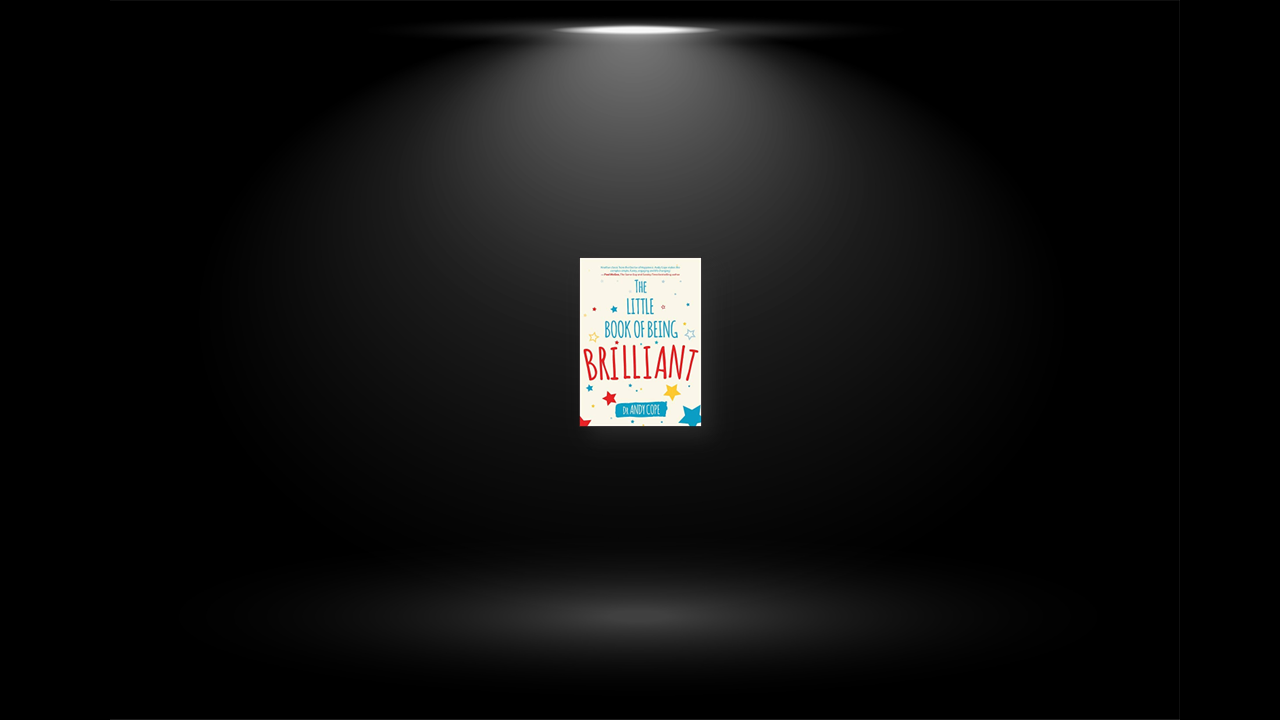Emotion Creates Motion
Basics first. Humans are emotional creatures. Everything you do you do for a feeling and, at the most basic level, we’re driven towards good feelings and away from bad ones. The thing about emotions is that they’re hugely important, but not actually real. By that, I mean emotions aren’t a ‘thing’ at all, they don’t have a form or a shape. You can’t put your feelings in a wheelbarrow and cart them around. They’re triggered by events ‘out there’ but exist as mental construct, in your head.
You created them. That’s first base. Next up, our superior brains give us massive processing power but they are also constructed to facilitate the transfer of emotions. This puts us in line with just about every species on the planet. If I’m walking my mutt and she sniffs a rabbit, the bunny’s off like a rocket, white tail bobbing, alerting all the other rabbits to scamper too.
We are biologically driven to mimic others outwardly and, in mimicking their outward displays, we also end up adopting their inner states. At its simplest level, someone smiles because they feel happy – you mimic the smile and also feel happy.
Emotional Soup and the Four-Minute Rule
Wouldn’t it be a shame to have a wonderful life and not notice? A lot of people do. Have a wonderful life, that is. And not notice. They grumble about their wonderful life instead. Reflect back on first thing this morning. Did you rise and shine, or rise and whine? Exactly! The ‘rise and whine’ thing. It’s a very easy habit to get into, hence why nearly everyone does. But you’re not ‘everyone’. You’re you. You’re going to be extinct in the next 50 years. You’re the last one of your kind left in the wild. You owe it to your species to be lively, interested, and positive.
It’s worth noting that what you do every day matters more than what you do every once in a while. Daniel Goleman talks about ‘emotional soup’, the concept that, in any social situation, everyone is adding a certain ‘flavour’ to the atmosphere, none more so than at home. Two things spring to mind: first, dare to ask yourself what flavour you are adding to your family soup. Are you coming through the door with joy and enthusiasm or are you poisoning the family atmosphere with toxicity? And, second, not all family members are equal. Yes, everyone is adding something to the emotional soup but, as a parent, you are adding the most. For ‘parent’ read ‘leader without a title’ – your emotional contagion is massive.
Steve McDermott’s four-minute rule is total genius Coming under the parenting heading of ‘small change, big impact’, it works because it’s both. If we do away with the science of ‘it is a proven thing that you have data for?’ and cut to the chase, it’s this: it takes about four minutes for those around you to truly catch your emotional state. Same thing said the other way around: you cannot NOT have an impact on other people.
Stop Faking It
If at first you don’t succeed, congratulations, you’re normal.
If you feel anxious, rejected, sad, or hurt, welcome to the human race. We all experience these feelings. They’re what makes life so amazing. The trick is to not feel them too often. We need to get comfortable with our kids not being okay. We need to allow them to feel sad, to realize that it’s normal, and nothing to be afraid of. The solution to sad is most likely not to wallow on social media saying how sad you are, it’s more likely a walk in the woods, a bike ride, or for dad to tell one of his rubbish jokes.
Ditto yourself. You too are allowed to have a bad day. There are times when life will be unspeakably dreadful. For those times, the solution is simple. It’s called ‘time’. It really does heal. It’s okay to feel awful. In fact it’s inevitable. It’s part of being human.
One Moment Please
Buddhists have a phrase, tatht, which is best translated as ‘suchness’ or the ‘as-is-ness’ of the moment. I love that phrase; as-is-ness. It’s so simple yet takes you to near-altitude-sickness levels of personal development. In order to create reality we have to perceive everything as something. We label things to give them meaning, whereas tatht just lets it be what it is. That Hollywood mystic, Doris Day, she was in the right ballpark with her ‘que será será’ mantra. When she invented the original footballing chant, ‘Whatever will be will be, we going to Wem-ber-lee’, she was tatht-ing.
Enlightenment comes when you twig that the ‘suchness of life’ is, of course, no more than the as-is-ness of this moment. Opposition toward the moment is one of the main features of your human operating system. Your ego’s a hungry bastard. It doesn’t want this moment, it wants a better one, in the future, so it’s mad keen for you to get this moment out of the way. It makes you impatient with this ‘now’ without realizing that this particular now is all it ever has (that’s because when it gets to the next now, that also becomes ‘this now’, hence your ego is in a never-ending chase for a better moment).
It boils down to whether you want to make the present moment your friend or your enemy. Remembering that the present moment is inseparable from life – ‘now’ is all you ever have – so you’re really deciding what kind of a relationship you want to have with life. Once you have decided you want the present moment to be your friend, it is up to you to make the first move. You can’t sit there, all sulky, waiting for life to offer an olive branch. Become friendly toward it, welcome it no matter what disguise it’s wearing, and soon you will see the results. Life becomes friendly toward you; people become helpful, circumstances cooperative.


